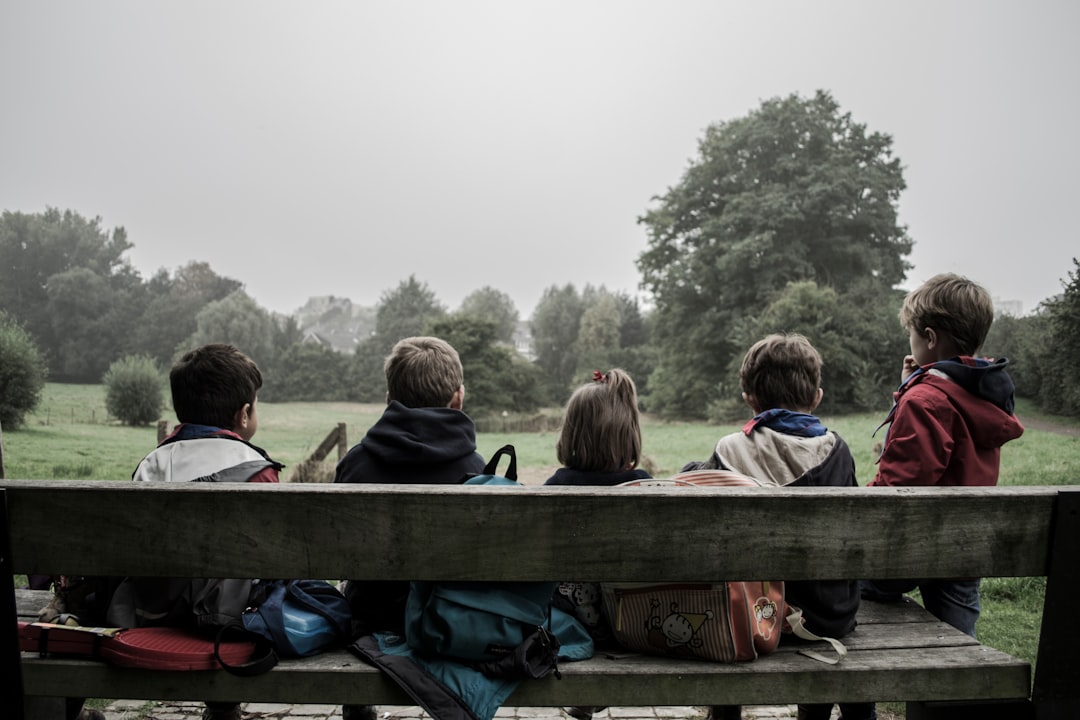Having Kids Is Bad For Quality of Life
Kids make you less happy. But that's not all.
My son turned two years old last week.
We threw a large party and invited all his friends. Which, when they’re all in one room, I realized just how many friends he has actually made over the past two years. It was a testament to God’s grace in our lives that in the middle of the pandemic we were alone, and two years later we were surrounded by a community that loves us and loves our kid. There’s just nothing like that.
But the days after the party were—as expected—exhausting.
All of this work and effort put into a celebration for a child who is too young to remember it. Was it really worth it?
Kids Decrease Your Happiness
It reminded me of this article that I read last year called What Becoming a Parent Really Does to Your Happiness that gave me language for what I was experiencing as a new parent that I couldn’t quite put into words but knew I was feeling.
“The early research is decisive: Having kids is bad for quality of life.” In studies that have been done on parental happiness, it turns out that parents often report feeling less happy than they were before children and their childless counterparts. “Yet”, the article goes on to say, “they still describe parenthood as the ‘best thing they’ve ever done.’”
Despite having less time, freedom, rest, peace, money, and happiness than they have ever had before, parents wouldn’t trade their kids to have any of those things back. Why is that?
The article offers an answer—even though parents report being less happy, they also report having more meaning in their life.
This means that parents knowingly and willingly trade their day-to-day happiness for a sense of deeper meaning in life.
The Other Option
On the other side of things, I was listening to a conversation that Ezra Klein had with Kathryn Bond Stockton about the complexity of gender and how people express their gender identities. I couldn’t help but be struck by how often Stockton said, “whatever gives you pleasure.”
I kept listening for a bedrock, foundational philosophy that gender identity and expression is built on and the closest thing I heard was the pursuit of pleasure.
Yet here is a study of parents who report that the forfeiting of their happiness—of pleasure—led to a sense of greater meaning in their lives. I can’t help but feel like a life full of meaning would be more desirable than a life full of pleasure.
Pleasure is fleeting. It will always have its limits. You can’t chase pleasure forever. Our pleasures change. Our bodies degrade. Some pleasures are dangerous. All pleasure is centered on the self, often using others as objects for our desire and rotting our relationships.
But meaning is bottomless. Meaning can be as deep as the sea. It can withstand the storms of life and give you wings to soar over mountains.
Thirsty for Meaning
I remember reading Mark Sayers’ book Reappearing Church and seeing his diagram of the three reserves every human needs in their life: freedom, relationships, and meaning.
Sayers talked about how the western world is overflowing with freedom but our wells of relationships and meaning are dry because of it. “We are drowning in freedoms but thirsting for meaning.”
The paradox of life is that restraining our freedoms, our pleasure, and our pursuit of happiness actually leads to a life of deeper meaning. Meaning isn’t found in pursuing happiness, it’s found in restraining our freedom to a few deep, sacrificial commitments. We’ve been conditioned to be content skimming the surface when we’re invited to a life of depth.
Pleasure and happiness are about ourselves. Meaning is felt in our innermost being but is only found by looking outside of ourselves. You cannot will your own sense of meaning and fulfillment. It has to come from somewhere else and be for someone else.
Above the Sun
Children, it turns out, are the ultimate reminder that you are not your own. Your life is reoriented and inseparably intertwined with theirs. And while they lay claim to the things that made you happy, they also provide the very sense of meaning that those things promised you but could never deliver.
Yet, there’s still one kink in the armor. If we place our full sense of meaning onto these children, they will be crushed by the weight of our expectations.
What we need is a source that’s beyond even them.
In fact, we need a source that’s beyond this world, that isn’t “under the sun.” Someone who lays claim to our lives but provides meaning beyond compare.
Maybe it’s in losing our life, that we actually find it.





